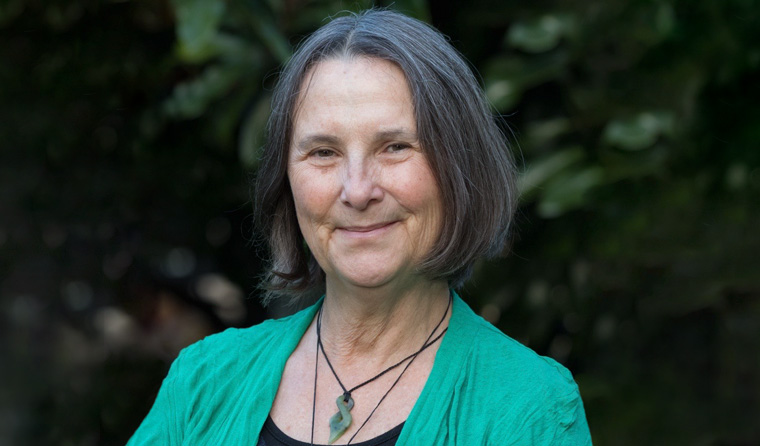News
Roadmap to support smoking cessation during pregnancy
Adopting culturally appropriate care helps to create smoking cessation support for Aboriginal and Torres Strait Islander women during pregnancy.
 SISTAQUIT identified barriers to smoking cessation, including a lack of availability, consistency, and access to culturally appropriate health services.
SISTAQUIT identified barriers to smoking cessation, including a lack of availability, consistency, and access to culturally appropriate health services.
Following a successful pilot phase, national smoking cessation project – Supporting Indigenous Smokers To Assist Quit (SISTAQUIT) – is now in the randomised controlled trial phase.
Associate Professor Gillian Gould, GP and Research Fellow at the University of Newcastle School of Medicine and Public Health, is leading the SISTAQUIT project, which is funded by the National Health and Medical Research Council (NHMRC) and the Global Alliance for Chronic Diseases.
There are currently 22 sites nationally, comprising intervention and control groups.
‘It’s basically aimed at healthcare provider training,’ Associate Professor Gould told newsGP.
‘The intervention group receive training in evidence-based, culturally competent smoking cessation care, particular to Aboriginal and Torres Strait Islander pregnant women.’
These women are assessed for their level of smoking, as well as being offered follow up for their babies once they are born. The SISTAQUIT resources will be available more broadly in a further implementation phase of the project, iSISTAQUIT, funded by the Department of Health.
‘It will be a different methodology where it won’t be randomised and there won’t be a control group – all of the sites that come on board will receive the intervention,’ Associate Professor Gould said.
iSISTAQUIT will incorporate online training for healthcare providers to ensure culturally appropriate and consistent approaches, as well as the development of a social media campaign targeted to Aboriginal and Torres Strait Islander pregnant women to encourage them to quit smoking.

Associate Professor Gillian Gould believes if healthcare providers are not familiar with how to adapt consultations to be culturally appropriate, it can be a ‘big stumbling block’.
Born from formative and qualitative research with Aboriginal and Torres Strait Islander women and their families, the SISTAQUIT project team identified barriers to smoking cessation. These include a lack of availability, consistency, and access to culturally appropriate health services – also identified in the RACGP’s recently updated smoking cessation guidelines and National guide.
Associate Professor Gould believes SISTAQUIT can help to reduce such barriers, given it is ‘one of the few’ interventions aimed specifically at pregnant Aboriginal and Torres Strait Islander women.
Looking at the barriers to smoking cessation from the perspective of women and healthcare providers was an important aspect to develop the pilot phase of the project, which was funded by the RACGP Foundation.
‘There are barriers that women have, but there’s also a lot of systemic barriers,’ Associate Professor Gould explained.
‘One of them is a lack of training – healthcare providers are uncertain about what to do when a woman is pregnant. If they’re not familiar with how to adapt their consultations to be culturally appropriate, then it can be a big stumbling block.’
The SISTAQUIT team conducted large systematic reviews of smoking cessation barriers for healthcare providers in over 10 countries. The team found consistent room for improvement across areas that have certain implications with helping pregnant women to stop smoking.
‘[Our aim is] to implement a whole-of-practice approach so the same message is given to patients, as some women are receiving mixed messages about quitting,’ Associate Professor Gould said.
Associate Professor Gould was a 2019 grant recipient of the RACGP Foundation for her research, Step towards incorporating smoking relapse prevention in smoking cessation care for Indigenous Australian women: Detecting predictors and drivers of relapse in the women of reproductive age and exploring their quitting experience.
Applications for the 2020 RACGP Foundation grants open on Monday 2 March.
Log in below to join the conversation.
Aboriginal and Torres Strait Islander pregnancy RACGP Foundation smoking cessation